Methane-Reducing Red Seaweed Feeds
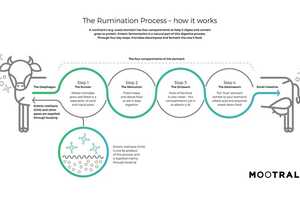
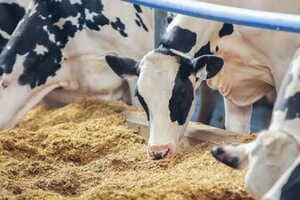
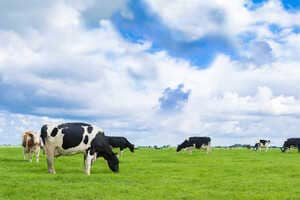
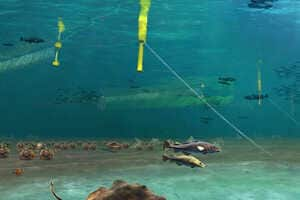
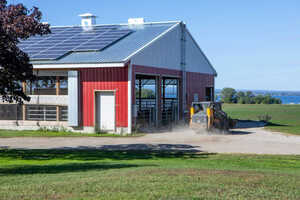
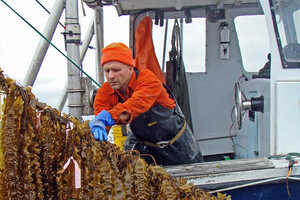
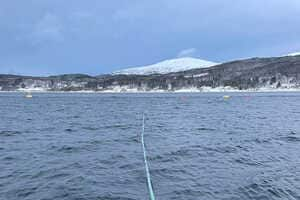

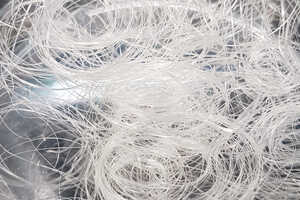


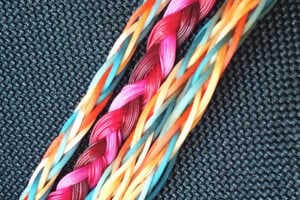
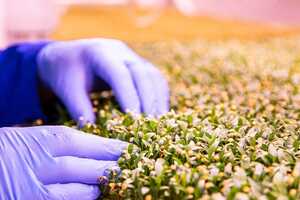


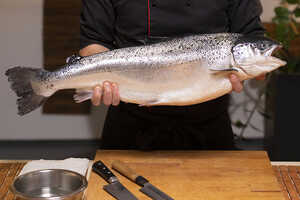

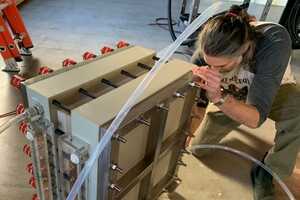

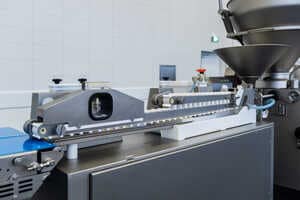
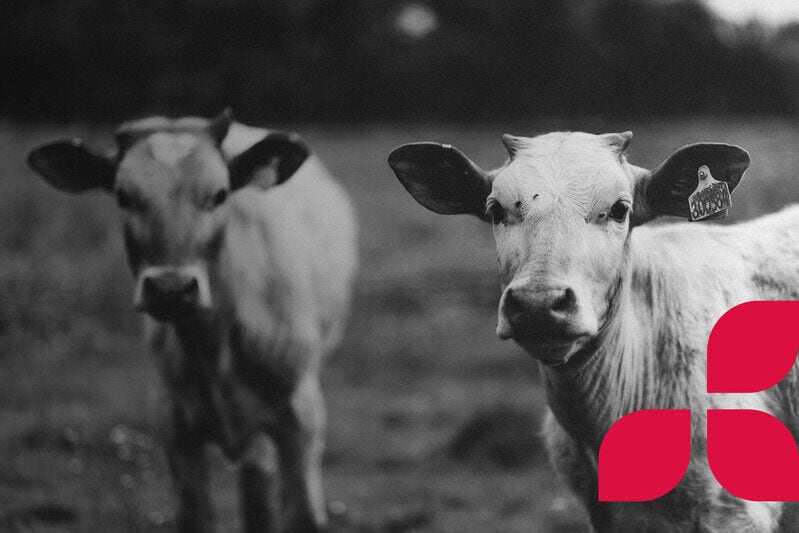
Symbrosia Answers Livestock's Methane Production with Seaweed
Kalin Ned — July 22, 2020Asparagopsis taxiformis is the name of a sustainable red seaweed feed that is currently being harvested to help reduce methane emissions. Research has shown that even adding a little bit of the product to cattle's diet "increases growth rate and reduces livestock methane emissions by over 90%." This is very important as the methane emitted today is expected to have "about 80 times the global warming effect of CO2 over the next 20 years."
Symbrosia is a start-up that is trying to implement the red seaweed feed as an agricultural norm. The company grows the product sustainably in Hawaii. The process involves "zero fresh water and actually bioremediate waste from fish farms." The seaweed is then transformed into animal feed. When in a cow's organism, the seaweed feed chemically reduces naturally occurring methane without any side effects for the animal and no impact on its fatty acids.



